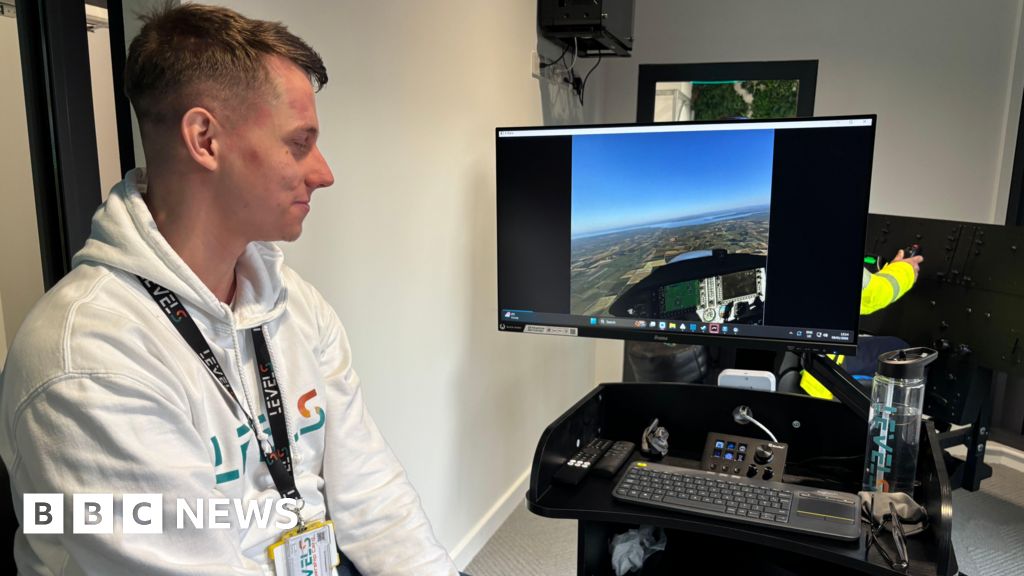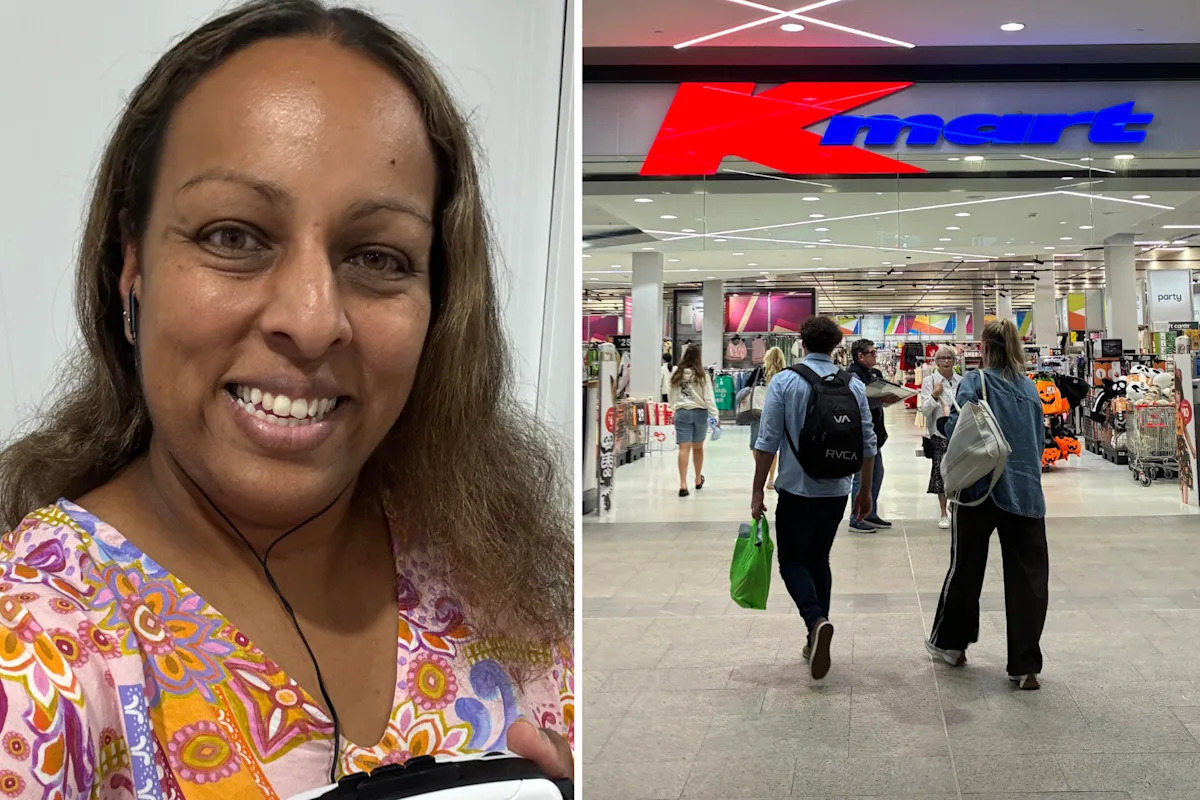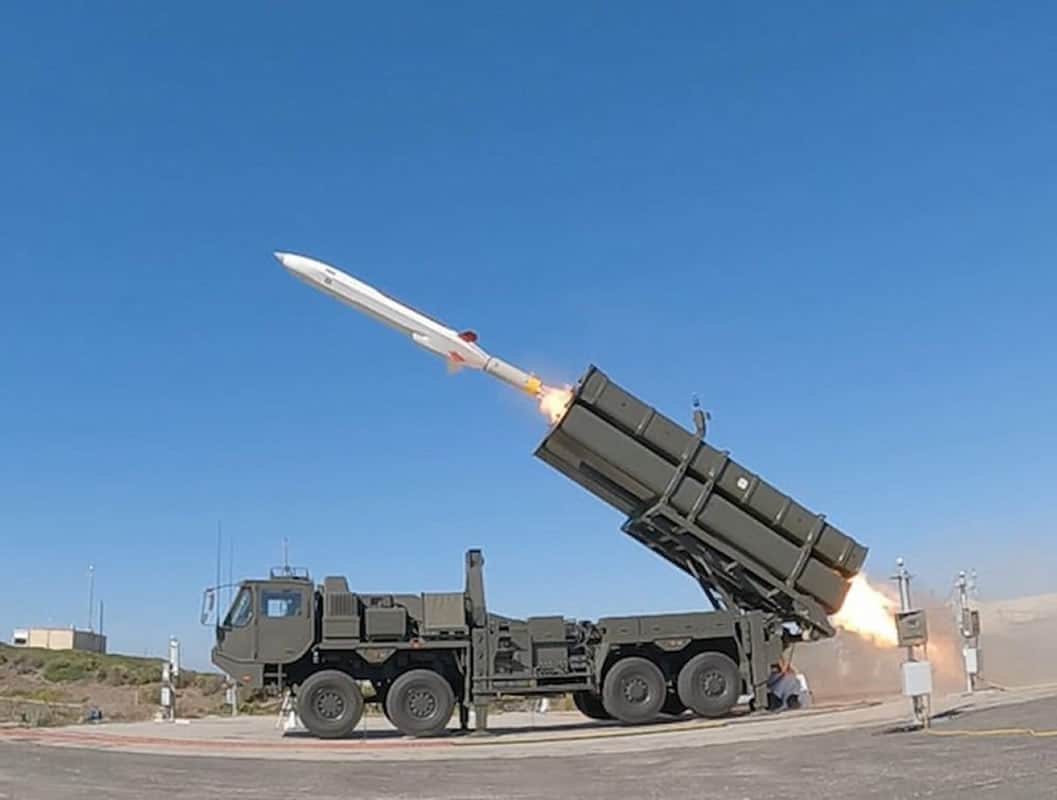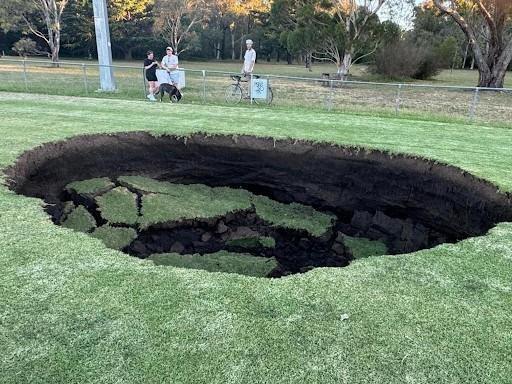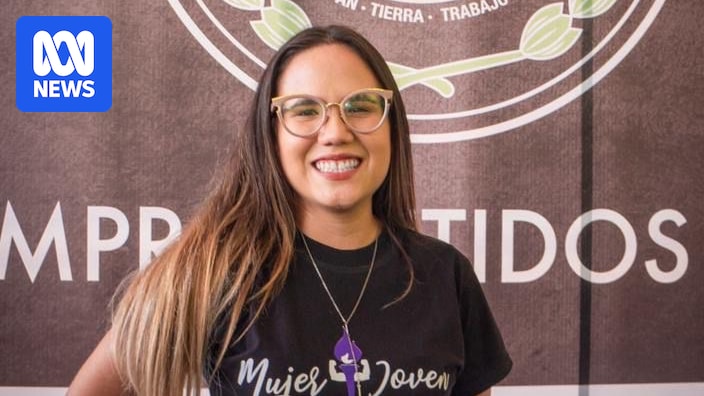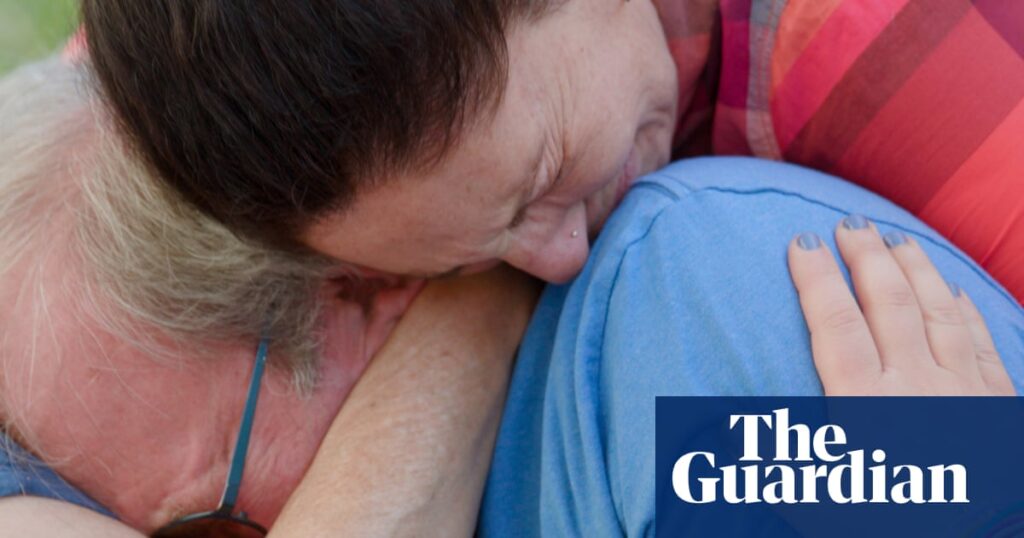
When Hamas launched a surprise attack on southern Israeli communities on October 7, 2023, it sparked a devastating retaliation against Gaza that continues to reverberate nearly two years later. Among the first casualties were those who had long hoped for peaceful coexistence. The attack on the kibbutz of Nir Oz, rooted in the Jewish socialist youth group Hashomer Hatzair, which advocated for equal rights for Jews and Arabs, left a profound impact on its community.
Nir Oz, known for its progressive ideals, was home to Liat and Aviv Atzili, a liberal couple deeply committed to peace. Liat, a US-Israeli dual national, often reflected on the plight of Palestinians living just kilometers away in Gaza. On the morning of the attack, Aviv, a member of the kibbutz’s first response team, left their home to investigate the unfolding events. Tragically, Liat was taken hostage by Hamas gunmen and transported to Gaza, while Aviv was later confirmed dead.
The Documentary “Holding Liat”
The documentary “Holding Liat” captures the Atzili family’s harrowing journey to secure Liat’s release. It offers an intimate portrayal of a family grappling with grief and fear amidst the violence. The film also explores the broader implications of the Israeli military response, which has resulted in the deaths of at least 64,000 Palestinians over 23 months.
The film’s central figure is Liat’s father, Yehuda Beinin, a veteran of the Hashomer Hatzair movement. Desperate to free his daughter, Yehuda struggles with the political constraints of advocating for the hostages’ release. His unease reaches a breaking point during a lobbying trip to Washington, where he finds himself amidst a rally celebrating Trump’s MAGA movement and Israeli militarism.
“Let’s get the fuck out of here. This is bullshit,” Beinin fumes, expressing his frustration with the political exploitation of his family’s plight.
Family Dynamics and Political Tensions
The documentary delves into the tensions between Yehuda and his daughter Tal, who urges him to focus on the human aspect of their ordeal rather than politicizing it. This dynamic highlights the loneliness of a man caught between two fanatical parties—Hamas and the Israeli coalition—both of which he despises.
Director Brandon Kramer and producer Lance Kramer, distant relatives of the Atzili family, capture these intimate moments with an unflinching lens. Their deep connection to the family allows them to document the raw emotions of three generations navigating an unimaginable crisis.
Release and Aftermath
Two-thirds into the film, relief arrives with Liat’s release after 54 days of captivity, part of a ceasefire agreement involving an exchange of hostages for Palestinian prisoners. However, this joy is tempered by the confirmation of Aviv’s death.
Liat’s homecoming is a poignant moment, captured by the filmmakers as she reunites with her parents and learns of her husband’s fate. Her experience in captivity, where she was treated respectfully by her captor’s family, contrasts with the brutal treatment many hostages endured.
“They chose to see me as a human being, and to me, it’s impossible to not do the same,” Liat reflects, emphasizing empathy in a region where it is increasingly rare.
Empathy and Political Complexity
Liat’s experience and upbringing foster a rare empathy for the other side, challenging the dominant narratives in Israeli politics. She acknowledges the complexities of the conflict, recognizing the suffering on both sides while advocating for a political settlement that transcends violence.
“We paid a price for not acknowledging what was happening politically in Gaza,” she admits, urging for a nuanced understanding of the conflict.
Despite a right-wing backlash in Israel, Liat remains focused on fostering real conversations about the conflict. She believes the film’s ability to provoke difficult questions and disagreements is crucial for bringing complexity back into the discourse.
Conclusion: A Call for Peace
“Holding Liat” offers a powerful counter-narrative to the media’s portrayal of the Israeli-Palestinian conflict. Through the lens of one family’s ordeal, it underscores the importance of empathy, understanding, and the pursuit of peace amidst the turmoil. As the conflict continues, the documentary serves as a reminder of the human stories often overshadowed by political agendas.
